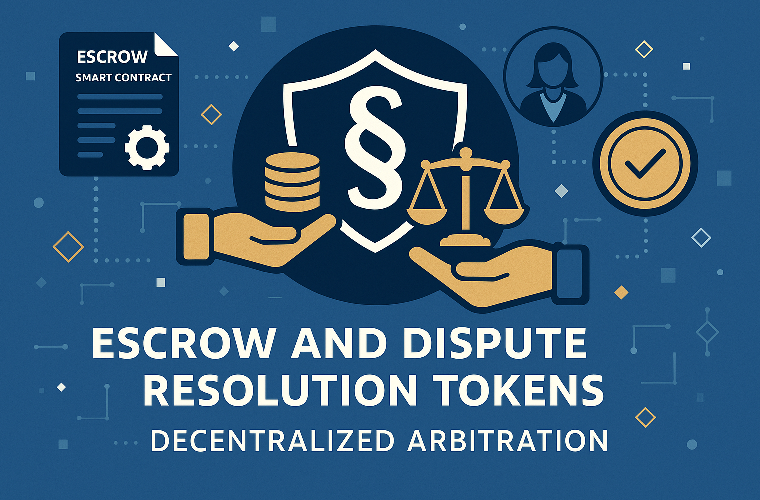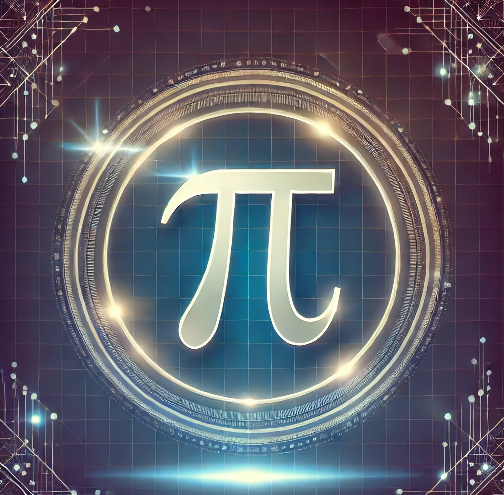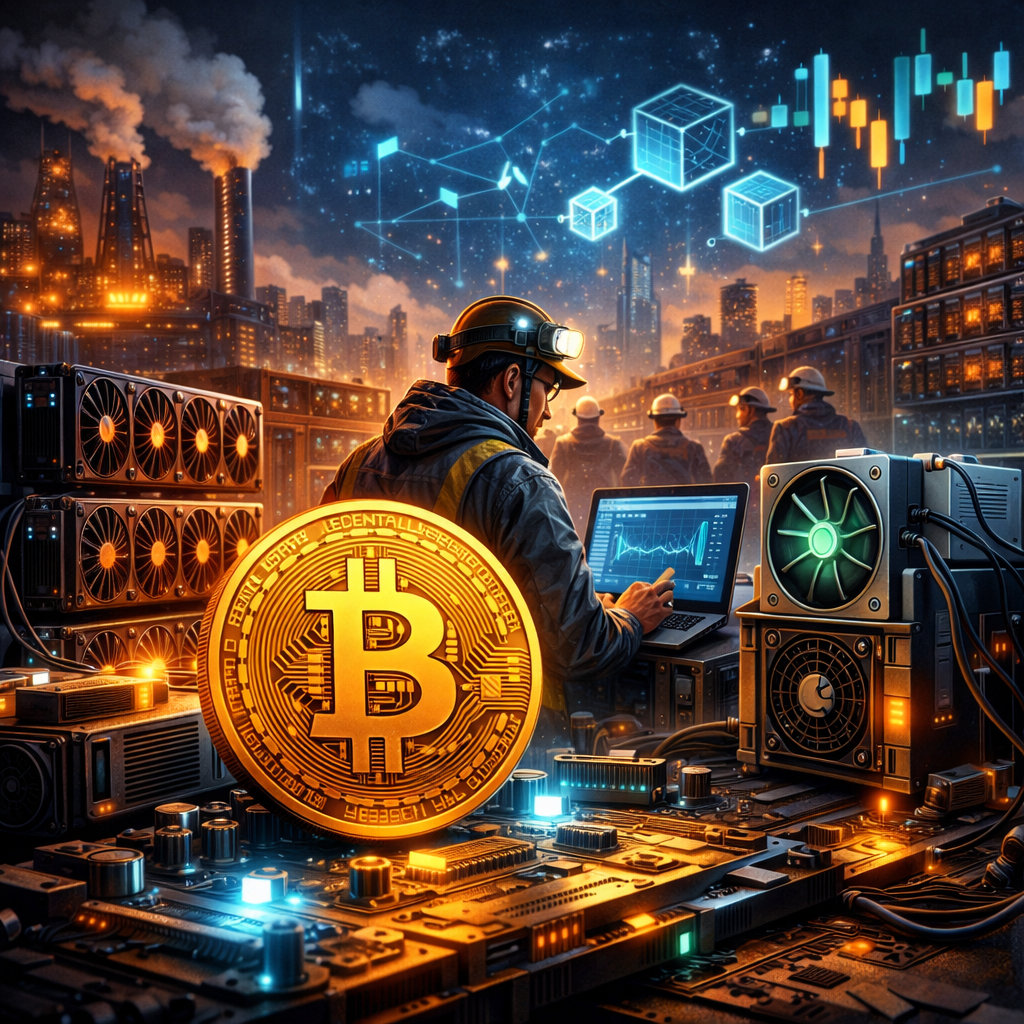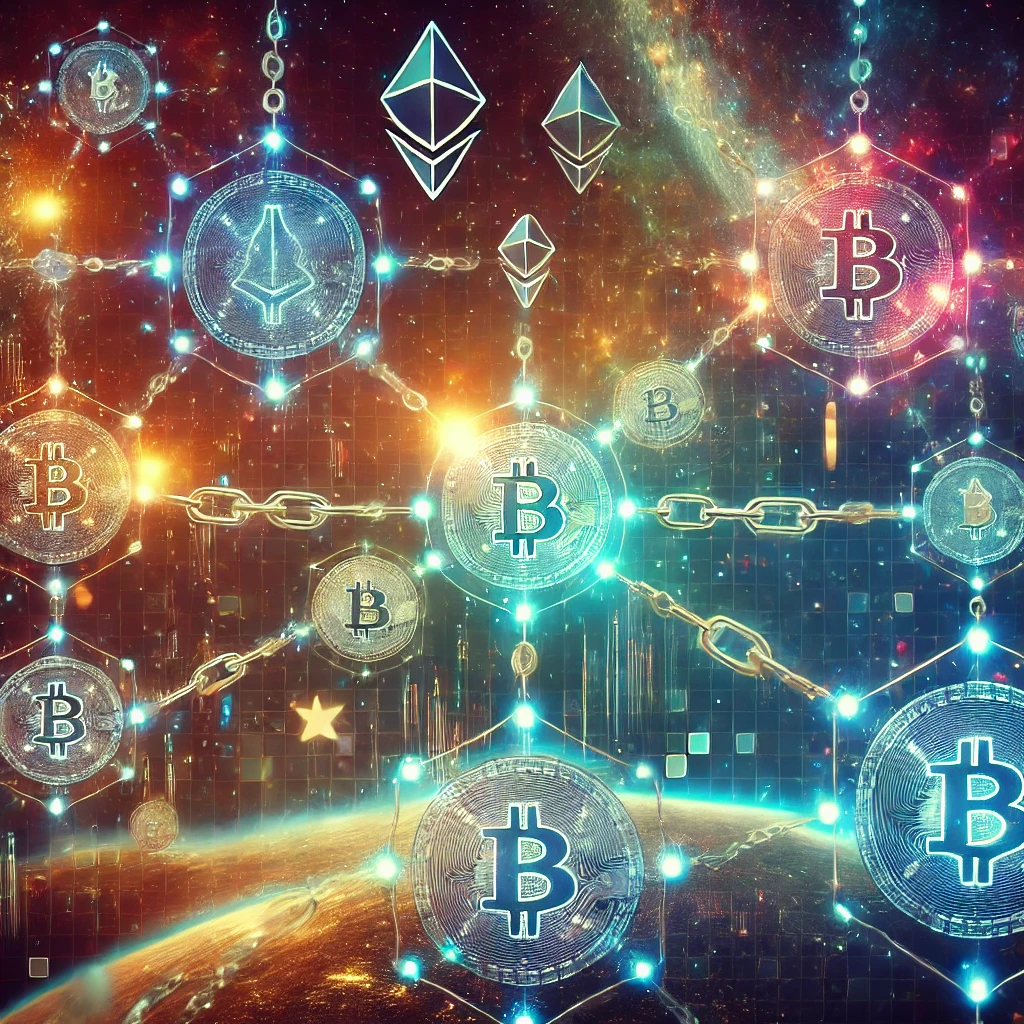Introduction
Resolution Tokens are rapidly becoming a cornerstone in the emerging landscape of decentralized arbitration systems. As blockchain technology expands its influence across various industries, one of its most impactful applications lies in reshaping how trust, transactions, and conflict resolution are managed — without the need for centralized authorities.
The Traditional Problem: Trust and Conflict in Online Transactions
In the traditional digital economy, intermediaries play a vital role in maintaining trust. Marketplaces like eBay, Upwork, or Airbnb rely on centralized escrow services and customer support systems to resolve disputes. While effective in many cases, these systems are often opaque, expensive, and prone to bias or inefficiency.
Buyers may claim non-delivery of services. Sellers may encounter chargebacks or dishonest reviews. Freelancers and clients can argue over the scope of work. In such an environment, resolution mechanisms are not just an afterthought — they are vital to the functioning of any transaction-based platform.
Enter Blockchain: Programmable Trust Through Smart Contracts
Blockchain introduces a radical shift. By enabling smart contracts, blockchain allows parties to define the terms of a transaction in code. These contracts securely lock funds in escrow and automatically release them once specific, agreed-upon conditions are fulfilled.
Yet smart contracts alone cannot cover every nuance or unforeseen condition that may arise. What if the service was delivered, but not to specification? What if unforeseen conditions arise that the contract didn’t anticipate? This is where Resolution Tokens and decentralized arbitration come into play.
What Are Resolution Tokens?
Resolution Tokens are cryptographic assets designed to facilitate decentralized arbitration processes. They often serve multiple purposes, including:
- Incentivizing participation of unbiased arbitrators.
- Granting governance rights in dispute resolution protocols.
- Acting as stakeable assets that ensure accountability and penalize dishonesty.
By introducing these tokens into a decentralized ecosystem, blockchain-based platforms can replace centralized adjudicators with community-driven systems governed by transparent rules and game theory.
How Resolution Tokens Power Decentralized Arbitration
At the heart of decentralized arbitration is the idea that disputes can be resolved not by a single entity, but by a group of randomly selected participants — often referred to as jurors. Here’s how Resolution Tokens typically function in this process:
- Staking: Arbitrators stake their Resolution Tokens to be eligible for selection.
- Selection: A random subset of stakers is selected as jurors.
- Voting: Jurors review evidence and cast votes based on facts.
- Incentives and Penalties: Those who vote with the majority (and presumably fairly) are rewarded; those in the minority may lose a portion of their staked tokens.
This system encourages honesty, deters collusion, and aligns individual incentives with fair outcomes.
Use Cases of Resolution Tokens in the Real World
1. Freelance Marketplaces
Platforms like Ethlance and Deelance explore decentralized alternatives to Upwork, allowing freelancers to engage clients through smart contracts. When disputes arise — over payment milestones, project scope, or delivery quality — Resolution Tokens enable community-based arbitration.
2. E-Commerce Platforms
Imagine a decentralized Amazon, where each purchase is backed by a smart contract. If a buyer receives a faulty product or nothing at all, they can initiate a dispute. Motivated through Resolution Tokens, arbitrators evaluate the evidence from both parties and issue a decision that determines the release of funds.
3. DeFi and DAO Governance
In decentralized finance (DeFi), conflicts may emerge over liquidity pool rewards, protocol bugs, or failed transactions. Resolution Tokens provide a pathway for communities to adjudicate claims without depending on centralized exchanges or court systems.
4. NFT and Digital Asset Disputes
With the rise of NFTs, disagreements over copyright, originality, or delivery terms are becoming common. Platforms like Aragon Court and Kleros already implement Resolution Token systems to resolve such conflicts transparently.
Key Benefits of Resolution Tokens
- Transparency: Every step — staking, voting, rewarding — is logged on-chain and auditable by anyone.
- Impartiality: Jurors are selected randomly, and their incentives align with fair outcomes, reducing bias.
- Efficiency: Disputes are resolved quickly, often within days, compared to weeks or months in traditional systems.
- Global Reach: Cross-border disputes can be resolved without international courts or legal systems.
Challenges in Implementing Decentralized Arbitration
Despite the promise, several hurdles must be addressed:
1. Juror Expertise
While randomly selected jurors reduce bias, they may lack subject matter expertise. Some platforms counter this with specialized juror pools, but that adds complexity.
2. Collusion and Bribery of Resolution Tokens
Sophisticated actors might attempt to bribe jurors or game the system. Proper staking requirements and penalty mechanisms are crucial to deter such behavior.
3. Legal Recognition of Resolution Tokens
Without formal legal recognition, smart contracts and blockchain-based rulings currently lack enforceability in traditional legal systems.
4. Token Volatility
The value of Resolution Tokens can fluctuate wildly. If incentives are based on token value, arbitrator motivation may vary depending on market conditions.
Platforms That Utilize Resolution Tokens
Kleros
Kleros, a prominent player in decentralized arbitration, utilizes its native token PNK to manage and incentivize fair dispute resolution. Jurors stake PNK to be eligible for selection and are rewarded for honest votes.
Aragon Court
Built within the Aragon DAO ecosystem, this court employs ANT and ANJ tokens to enable governance and decentralized dispute adjudication. It allows DAOs to manage disputes internally without resorting to off-chain processes.
Jur
Focused on legal and business arbitration, Jur provides blockchain-based systems for resolving contractual disputes, with its own Resolution Token-based ecosystem.
OATH Protocol
This emerging project explores a mobile-first, gamified approach to decentralized dispute resolution, bringing the concept to everyday users.
The Role of Game Theory and Cryptoeconomics
Resolution Tokens are more than just digital coins; they embody complex game-theoretic principles. By aligning the economic incentives of participants with the goals of fairness and truth, these systems attempt to build decentralized trust at scale.
- Schelling Points: Jurors are rewarded for voting with the majority, which assumes the majority is correct — a concept borrowed from economist Thomas Schelling.
- Token Curated Registries (TCRs): In some platforms, token holders curate lists (e.g., approved arbitrators or evidence) through token-weighted voting.
- Slashing Mechanisms: Dishonest or outlier votes result in loss of staked tokens, ensuring participants act in good faith.
Integration with Escrow Systems
Escrow is the foundation upon which Resolution Tokens thrive. Smart contract escrows lock funds, but Resolution Tokens determine how those funds are released when a dispute arises.
For instance, a buyer and seller can initiate a contract on a platform like Escaroo. When a transaction completes without issues, the funds are seamlessly released to the recipient. If a dispute occurs, Resolution Token-based jurors intervene.
This integration ensures that funds remain secure and only change hands when fairness is established — without needing lawyers, banks, or judges.
The Future of Resolution Tokens
As Web3 matures, Resolution Tokens will play a pivotal role in establishing a decentralized legal infrastructure. Here are some likely developments:
- AI-Assisted Arbitration: Combining AI with decentralized systems to pre-screen evidence or detect fraudulent behavior.
- Cross-Chain Arbitration: Interoperability protocols will allow Resolution Tokens to function across multiple blockchains.
- Real-World Legal Fusion: Smart contracts linked with legal documents and courts could offer hybrid arbitration mechanisms.
Social Implications: Empowering the Individual
Beyond efficiency and transparency, Resolution Tokens democratize access to justice. In regions with corrupt or inaccessible legal systems, these tools empower users to resolve disputes fairly.
- Freelancers in emerging economies gain a level playing field.
- Consumers in unbanked regions can transact securely.
- Grassroots movements can govern community decisions without centralized coercion.
This empowerment has profound implications for digital sovereignty, access to justice, and economic inclusion.
Final Thoughts of Resolution Tokens
Resolution Tokens are more than a technological novelty — they are a paradigm shift in how we think about trust, conflict, and fairness in a decentralized world. As ecosystems continue to evolve, their role will become increasingly central in ensuring that blockchain is not just a tool for finance, but a framework for a fairer society.
Whether resolving a contract dispute, moderating a DAO conflict, or settling a digital property claim, Resolution Tokens represent a scalable, fair, and transparent path forward.





















